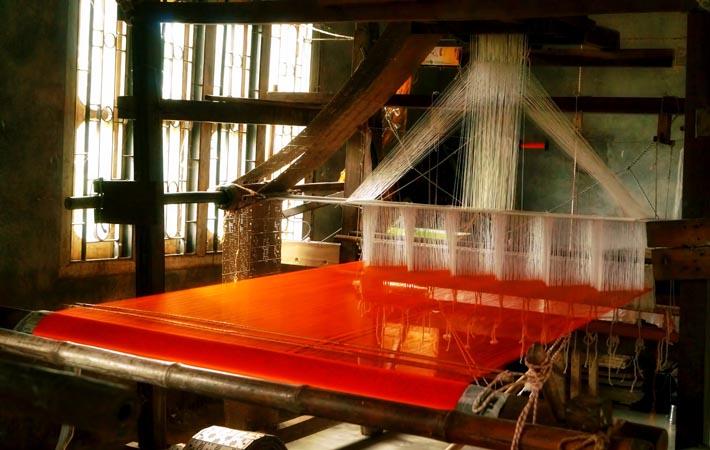The Indonesian trade ministry is working with a special task force to audit producers’ importer identification numbers (API-P) to verify the textile industry's import quantity and identify possible ‘import leaks’, according to trade minister Enggartiasto Lukita, who recently said in Batu, East Java, that he is yet to confirm the source of excess imports.
Mistakes made in import verifications done by state-appointed surveyors at bonded logistics centres could be one of the causes and he plans to revert verification responsibilities from such surveyors to the Directorate General of Customs and Excise (DGCE) again, the minister said.
"But it is impossible for us to stop imports if businesses require raw materials that aren’t produced locally. And we can't stop exports, either,” he was quoted as saying by an Indonesian newspaper.
The task force is made up of personnel from the industry ministry, consumer protection and commerce order directorate general, foreign trade directorate general and the Indonesian Textile Association (API).
The ministry's move follows urgings from the textile industry for the government to protect them from rapidly growing imports, as the sector cannot compete in the domestic and international markets.
Statistics Indonesia (BPS) data shows that export growth in the textile industry has been just 3 per cent annually over the last 10 years, while import growth has been 20 per cent annually in the same period.
Similarly, the Indonesian Association of Synthetic Fibre Producers has said that fabric imports increased threefold from 300,000 tonnes in 2008 to 900,000 tonnes in 2018, while garment exports stagnated at about 550 million tonnes over the same period.
According to API, as many as nine textile factories have closed and at least 2,000 workers have been dismissed because garment producers prefer to buy imported fabrics.
Published On : 09-10-2019
Source : Fibre 2 Fashion

